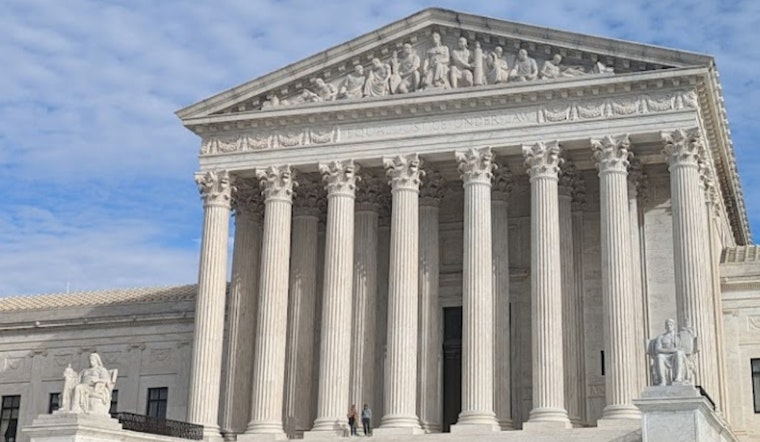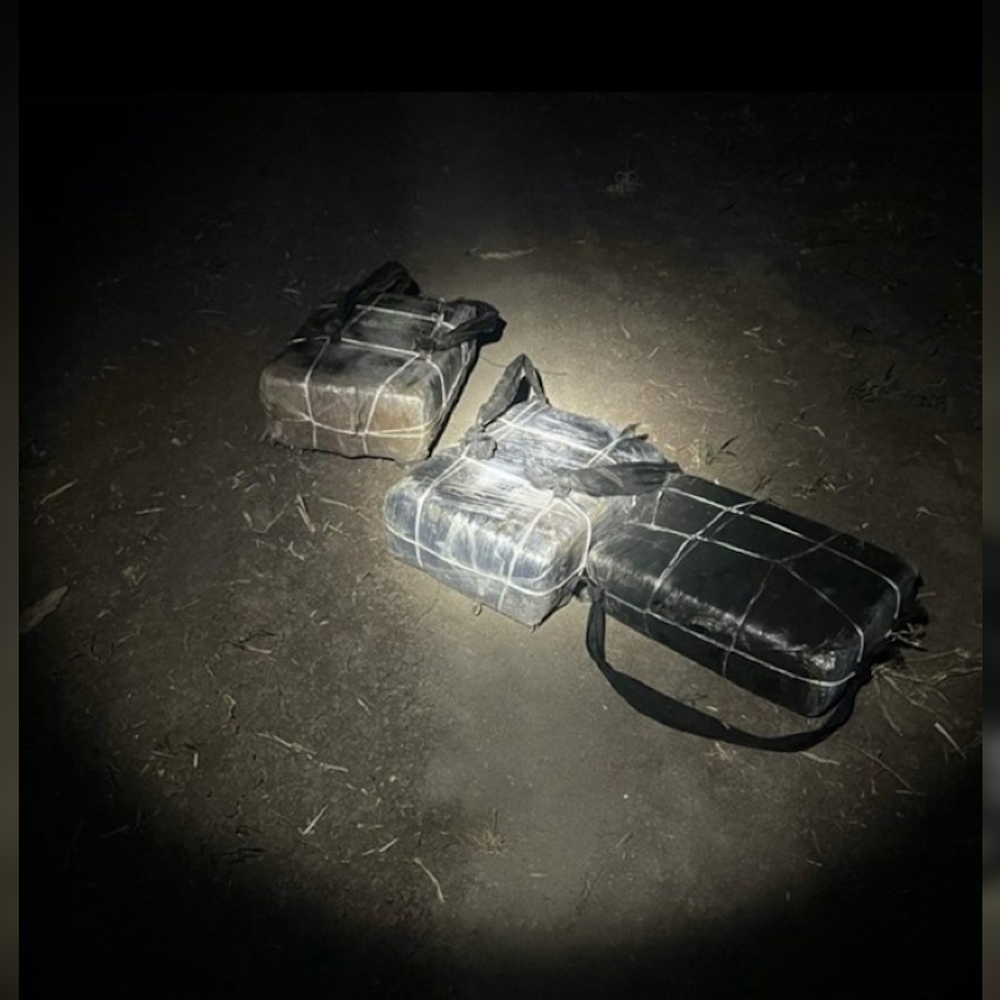
The battle over Texas's mail-in voting laws has reached a critical endpoint. The Supreme Court has declined to pick up a case that sought to dismantle age-based restrictions on absentee balloting in the Lone Star State. The upshot? Texas's voting rules remain as is, favoring in-person voting with certain exceptions. The High Court's refusal effectively signals the end of a long-fought legal skirmish, spearheaded by a host of plaintiffs, including the Texas Democratic Party.
The rules on the books are clear—Texas citizens can usually only vote by mail if they are 65 or older, disabled, out of county on Election Day, imminently giving birth, or behind bars but still eligible. With the Supreme Court turning down this case, proponents aimed to universally unlock the ability for all to easily vote by mail—an effort to arguably adapt to the times and increase voter turnout. Despite the clamor and initial lower court victories, the conservative-leaning Fifth Circuit deemed the Texas law solid and non-discriminatory, an opinion now tacitly endorsed by the highest court in the land.
This legal tug-of-war dates back to the contentious 2020 election cycle. The Texas Democratic Party, backed by various political allies, argued that Texas's stance on mail-in voting was unduly harsh, particularly on younger voters, and ran counter to the Constitution. District courts wavered, at times siding with these advocates, but their successes proved fleeting. By 2022, a federal district court had dismissed all claims made against the Texas law, and in 2023, the Fifth Circuit upheld this dismissal—a decision now left uncontested by SCOTUS.
Texas Attorney General Ken Paxton, the man at the forefront defending these laws, was swift to laud the decision. "Many states irresponsibly and unconstitutionally changed their voting policies prior to the 2020 election. Fortunately, we did things differently in Texas: we fought hard to uphold Texas law and defend the integrity of elections in this State," Paxton said according to a statement on his official website. "We have worked tirelessly to keep our elections free and fair. There is nothing more important than protecting the integrity of every legal vote."
The Supreme Court's decision not to take up the case essentially affirms Paxton's stance and the existing Texas law. It's a decisive win for those who fiercely argue for stringent election laws under the banner of integrity and a significant blow to those looking to broaden accessibility to absentee voting in an increasingly digital age. With SCOTUS stepping aside, Texas's election landscape appears cemented for the foreseeable future—despite fervent debates over who should have the right to easily cast a vote from the comfort of their own home.









